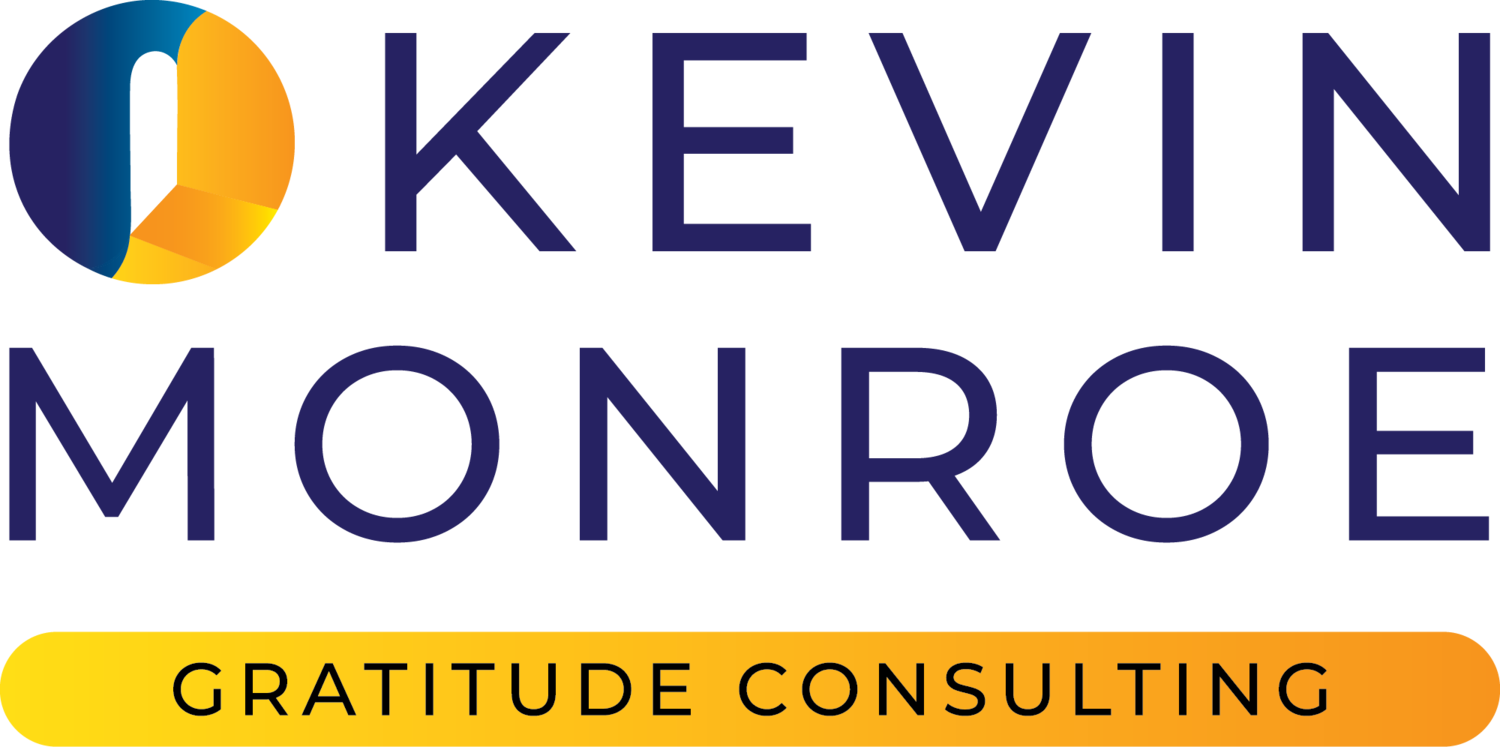Why Belonging at Work Matters with Dr. Gabriella Kellerman
Dr. Gabriella Kellerman, Chief Innovation Officer of BetterUp, head of BetterUp Labs and co-author of the article entitled The Value of Belonging at Work, converses with Kevin Monroe about the missing link between diversity and inclusion: belonging.
Listen to the full episode:
The Missing Link
Kevin asks whether BetterUp has uncovered the answer to the question of the missing link between diversity and inclusion. Gabriella answers BetterUp has been able to prove that belonging is, in fact, that missing link. Gabriella describes her organization as a “mobile development platform” that does one-to-one coaching with individuals around the globe on personal professional development. Belonging is one part of BetterUp’s six pillars of employees’ experience index, and, as such, is a significant part of how they help and support their clients in their development.
Unbelonging and Belonging
Researchers at BetterUp coined the term “unbelonging” to describe someone’s internal experience, not considering external factors such as inclusion or exclusion. Kevin adds that the idea of unbelonging expresses one’s personal experience of a group, independent of what may be happening within the group. Gabriella says that BetterUp’s definition of “belonging” is your internal experience of feeling like part of a group which cannot be triggered by people behaving inclusively.
The Impact of Unbelonging
Gabriella shares research recorded by BetterUp Labs. People usually respond to feelings of exclusion in one of three ways:
- You work less hard: If you perceive exclusion, you may have a decreased motivation to work and you would put in less effort.
- There is no impact: You are not affected by feelings of exclusion and it doesn’t affect how you perform.
- You work even harder than you are required to: You feel motivated to go above and beyond in your work to earn your spot.
Belonging in Business
Having a sense of belonging in an organization is good for business. According to Gabriella, people who feel they belong are 50% less likely to quit their jobs and perform up to 56% better than those who feel they do not. Individuals who experience high degrees of belonging take 75% fewer sick days. Gabriella describes the research her team did and the evidence-based practices that lead to a greater sense of belonging they discovered from their investigations.
How to Belong at Work
Positivity resonance is a concept that describes the depth of connection you feel with someone in a particular moment. You have to allow yourself to feel a certain degree of vulnerability in order to have that deep connection. The same is true at work. Feeling connected to your coworkers means that you allow them to get to know the real you, and vice versa.
Gabriella shares practical tips to help you if you feel you don’t belong. If you want to help someone feel like they belong, she has advice for you as well:
- Share your own experiences of feeling like you don’t belong, and how you got through it;
- If you’re in a position to effect change, create more conditions of belonging for them. Simply being a fair-minded ally can be of tremendous help.
Resources
The Value of Belonging at Work (Report)
The Value of Belonging at Work (Whitepaper)
Kevin Monroe on LinkedIn | Twitter
Email: kevin@higherpurposepodcast.com
Call or text Kevin: 678-744-5111
Join the community: KevinDMonroe.com/decade
